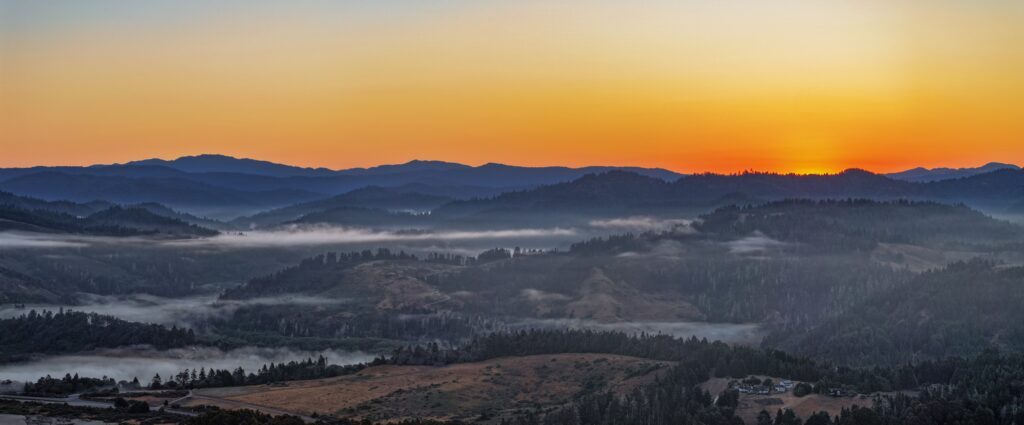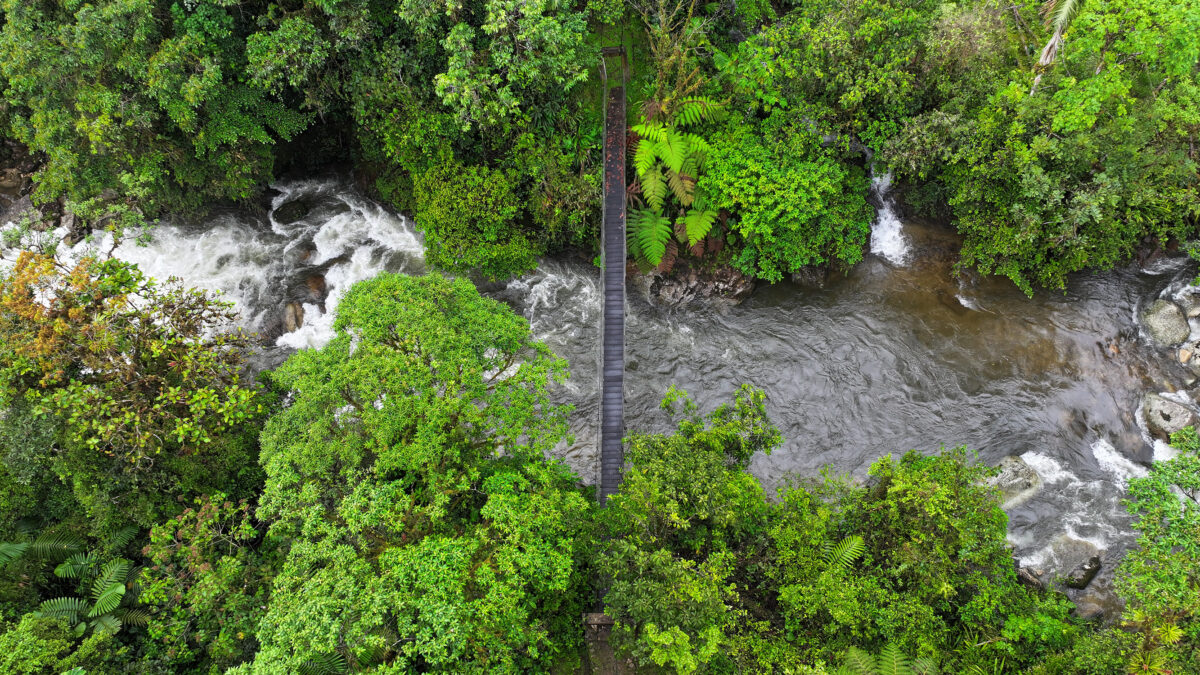Working to ensure that environmental journalism is a viable career option that provides a decent and dignified living.
Advertising-based media is struggling, resulting in fewer resources for enterprise reporting, such as in-depth investigations. This decline also means fewer paid opportunities for journalists.
The challenges are arguably even more acute for journalists who focus on environmental issues. They face not only repression and violence – their beats are also among the most likely to trigger lawsuits, provoke authoritarian regimes, and be restricted by social media companies.
Mongabay understands that this unfavorable climate hampers progress in addressing the critical planetary challenges we collectively face. We firmly believe that journalism can drive positive real-world outcomes by emphasizing the importance of nature, promoting accountability for environmental destruction, and inspiring action toward solutions.
As such, the fifth pillar of our 2030 strategic plan aims to bolster viable career paths in environmental journalism. We seek to enhance the professional skills of both current and aspiring journalists, better equipping the industry to meet new challenges and demands.
As a publisher that creates job opportunities that might not otherwise exist, our highest commitment lies with our staff, contributors, interns, fellows, and others collaborating with our newsroom. Over the long term, this focus is beginning to cultivate a global network of communicators who bring to light local stories of planetary change that resonate with diverse audiences. We intend to expand the kinds of support we offer to this community, including capacity-building initiatives that improve the overall conditions and qualities of the profession.
To achieve this, Mongabay must evolve from merely being a publisher to also functioning as a training organization.

Here are some of the steps we plan to take to strengthen the capability of Mongabay’s journalism network in coming years:
🌳 Developing a new program to organize and systematize Mongabay’s capacity-building activities, including paid fellowships (e.g., the Tan Fellowship: https://bit.ly/TanFellow), journalism training, and small grant-making initiatives.
🌳 Building training resources that document how Mongabay produces its content.
🌳 Establishing an evaluation framework for monitoring and assessing the impacts of network development efforts.
🌳 Creating a professional development plan for staff to advance their skills and keep them at the forefront of the industry.
🌳 Actively promoting Mongabay’s network development programs and encouraging participation in relevant journalism industry associations, forums, and events.
🌳 Increasing the visibility and engagement of journalism students by showcasing environmental journalism as a viable career path, and potentially contributing to curriculum development.
Thank you for reading and joining us on this journey.

